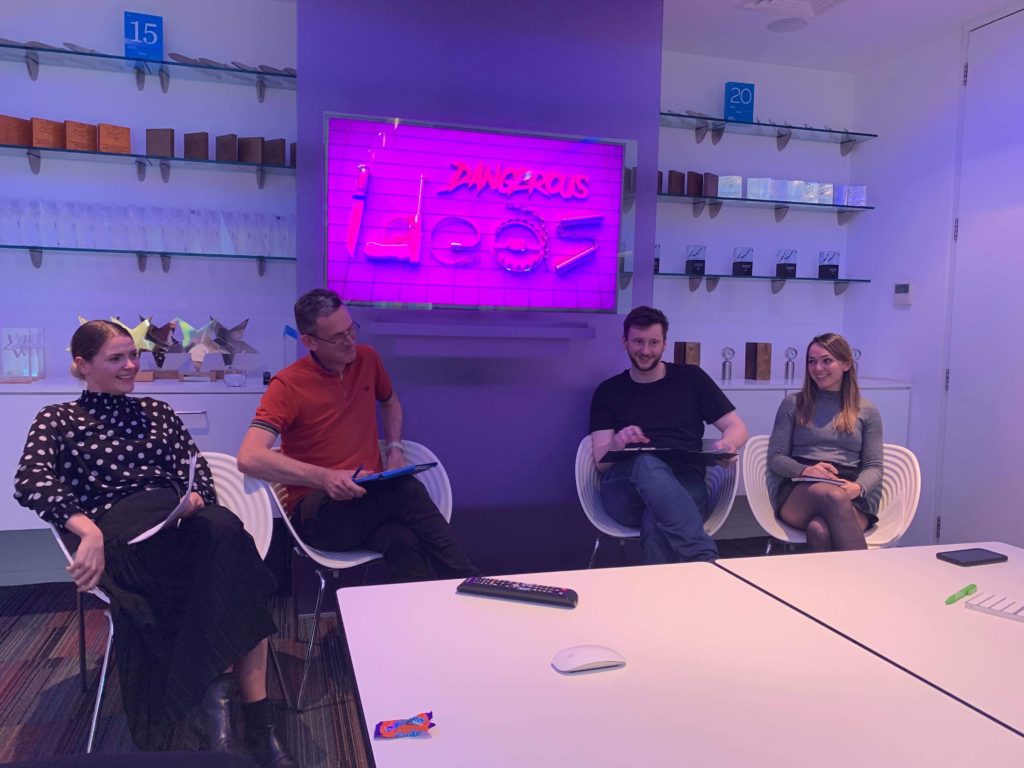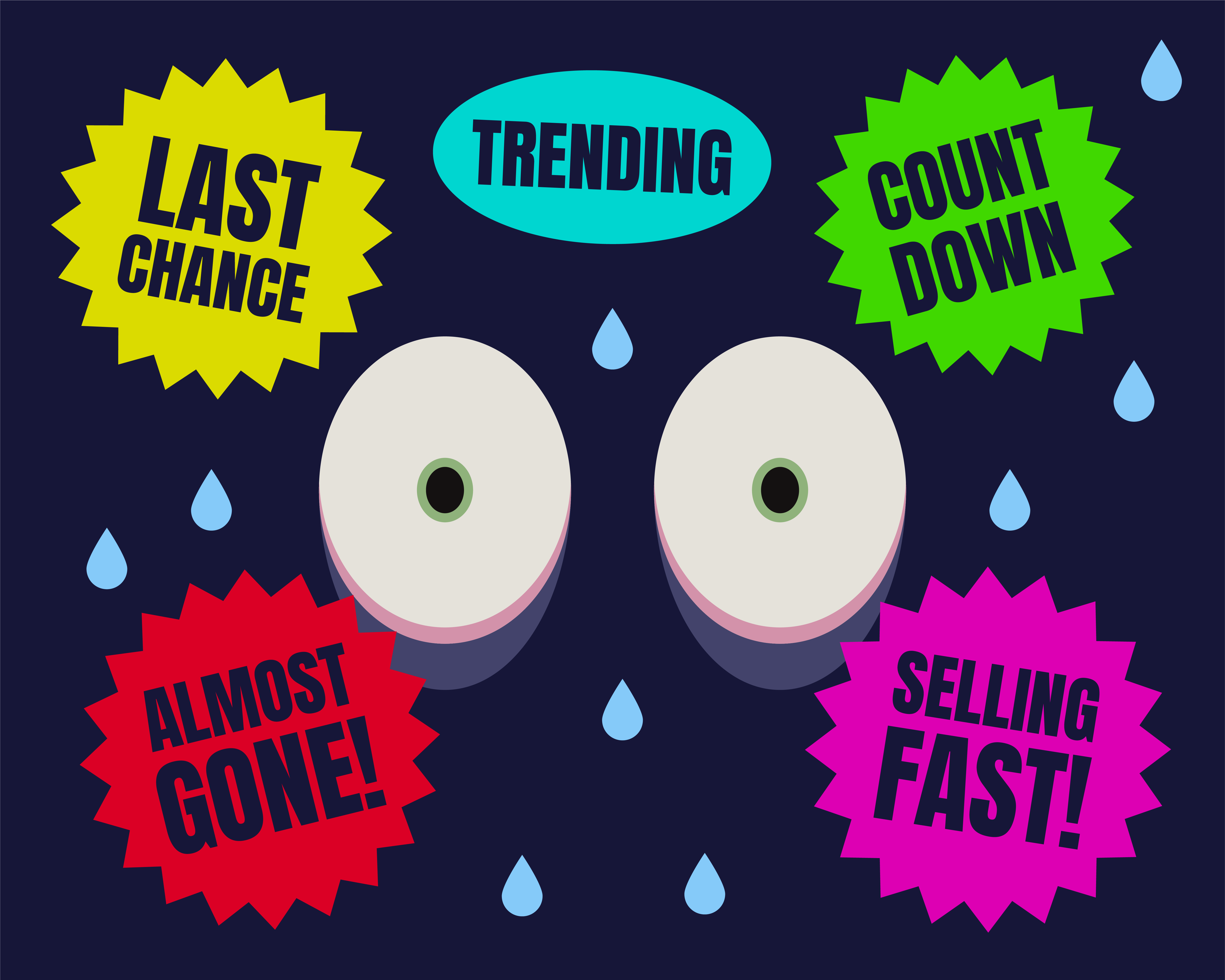The motion: “This house believes that the search for equality in an unequal world is futile”. The participants: Lyndsay Snoddon and Ken Dixon made the case for and Lucy Kennedy and Ross MacDonald made the case against, with Gus Chalmers reprising his role as chair.
Lyndsay began with a convincing, well-researched argument about the shortcomings of equality as an ideal. Drawing from philosophical sources like Plato’s Republic and John Rawls’ veil of ignorance test, as well as more contemporary studies from the social sciences, she questioned whether we fully understand the concept of equality and, if we did, whether we’d actually want it. While we all undoubtedly want a fairer society, she argued, if it came down to it, would we actually trade our personal choice and the use of our natural talents for true equality?
Lucy offered up an impassioned counter-argument. She argued, not only is the fight for equality not futile, it is essential. If we all simply accepted the status quo, where would we be today? Women would not be able to vote or have any right to property, gay men would be persecuted and subject to barbaric punishments like chemical castration just because of their sexual preference, and racial segregation would exist in large swathes of the world. But, Lucy contended, equality is even more complex and multi-faceted than these clear examples of explicit discrimination. More insidious are the unconscious biases and hereditary advantages that account for implicit discrimination. And we have not only a moral duty but a strong business case for striving for equality of opportunity.
Next came the rebuttals. First up, Ken, delivering both laughs and food for thought in a mile-a-minute argument that covered everything from the “Faster Higher Stronger” sporting prowess of Olympians to soft war power battles between nations. Although by no means arguing for discrimination, he contended that striving for equality is futile because it goes against our nature. Human beings have an innate desire to be the best, not to be equal. Grounding his argument closer to home, Ken highlighted the inequalities within the Union itself; there are seven different titles that exist within Account Management which we all strive for. In fact, the very reason we exist as a business is to give our clients a competitive advantage in the marketplace. Inequality, he concluded, could actually be the kick up the backside that whispers to our darker animal side and drives us to succeed.
Finally, we got to hear from the mastermind behind the Dangerous Ideas Debate himself. Ross set out to debunk the idea that adversity drives us, citing as just one example a recent study that found that the burden of poverty has a direct impact on IQ. Maintaining that Ken’s argument focused too narrowly on the idea of winning, Ross urged us to instead consider a much broader spectrum of values. Equality should be viewed through the lens of a more holistic sense of wellbeing, he argued. As the seventh largest economy in the world, dismissing the fight for inequality as futile is simply not good enough. We have an obligation to remove the weight from those who are struggling with it, and there’s more than enough money to help.
After a grilling from the audience, it was time for Gus to collect everyone’s votes. The verdict? Both teams put up an admirable fight, but the ayes had it!
Sian Callaghan





